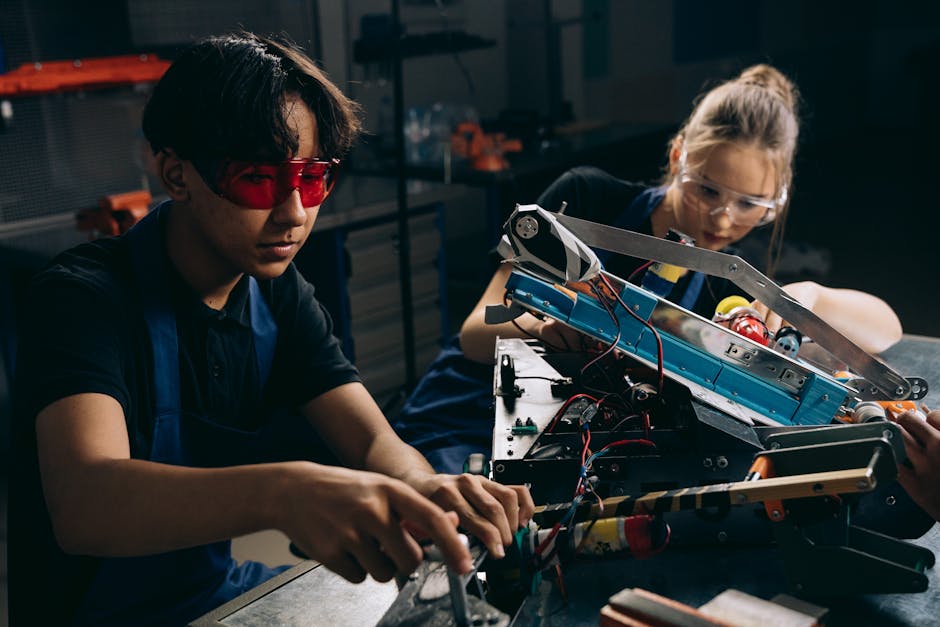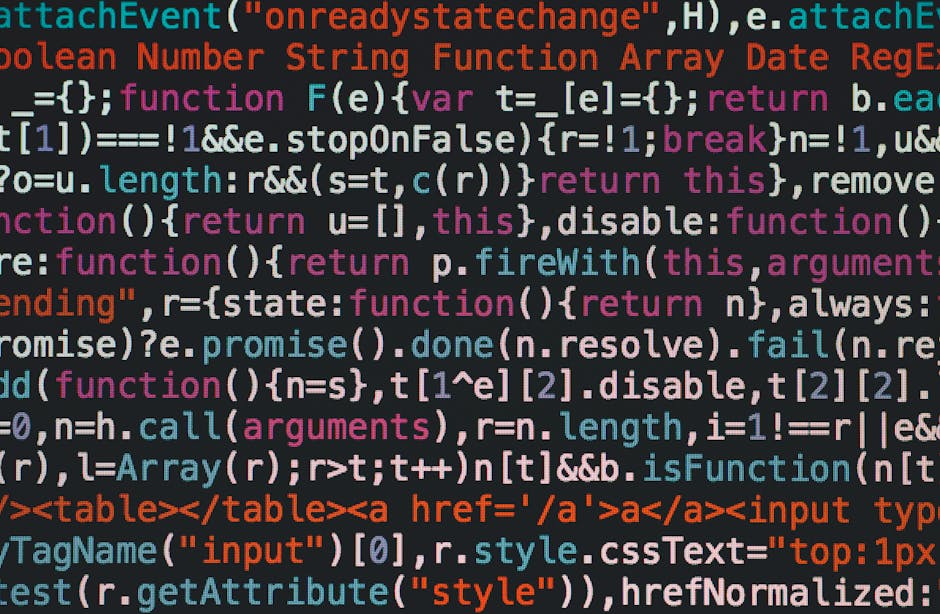During a closed-door session at YC Artificial Intelligence Startup School in 2025, Andre Kapasi, a recognized expert in AI technology and co-founder of OpenAI, delivered a compelling presentation about the transformative impact of Software 3.0 on the programming world. His insights underscored a fundamental shift in how software is created and the skills needed to succeed in this new era.
The Rise of Software 3.0
Kapasi defined “Software 3.0” as a paradigm shift where AI models, rather than human-written code, are becoming the primary engines of application logic and decision-making. This isn’s about replacing programmers, but rather redefining their role.
Traditionally, programmers meticulously crafted instructions in code. In Software 3.0, the programmer’s focus shifts to designing, refining, and optimizing prompts that guide AI models to produce the desired outcomes. The ability to communicate complex requirements to AI systems using natural language or structured prompt engineering becomes the most valuable skill for future developers.
What Does This Mean for Programmers?
Kapasi warned that those clinging to traditional coding skills risk being left behind. However, he offered an alternative path: developing and selling prompt word generators—tools that help others craft effective prompts for various AI applications. This session emphasized the urgency for programmers and tech professionals to reskill and embrace prompt engineering as a core competency in the age of Software 3.0.
Understanding the Shift: Software 3.0 Explained
Andre Kapasi’s statement that “software 3.0 is pushing traditional programming into a corner” signifies a major change. The era of software development dominated by writing explicit code (traditional programming) is rapidly being replaced by a new paradigm where AI models, particularly large language models, are at the core of software creation and logic.
In Software 3.0, instead of developers writing detailed instructions in programming languages, much of the application’s behavior is determined by how well prompts, natural language instructions, or high-level goals are communicated to AI systems. The programmer’s role evolves from coding algorithms line by line to designing, refining, and optimizing prompts that guide AI models to produce the desired outcomes.
Kapasi suggests that as AI models become increasingly capable of generating, debugging, and optimizing code themselves, the value of traditional programming skills diminishes. Programmers who do not adapt to this new landscape—by learning prompt engineering or building tools that generate effective prompts—risk becoming obsolete, as the phrase “pushing into a corner” implies a shrinking space for conventional coding in the future of software development.
Why Learning to “Program” with Prompts is Essential
The shift toward AI-driven development has profound implications. Here’s a detailed look at why learning prompt engineering is so vital for developers:
AI is Prompt-Dependent
Modern AI tools are fundamentally driven by prompts. The better and more nuanced the prompt, the more useful and accurate the AI’s output will be. Developers must learn how to communicate requirements and constraints clearly to get optimal results.
Translating Human Intent
Prompt engineering acts as a bridge between human goals and machine execution. Without well-crafted prompts, even the most advanced AI can produce irrelevant or incorrect results—a principle often summarized as “garbage in, garbage out.”
Broad Applicability and Model-Agnostic Skills
Prompt engineering isn’t limited to a single platform or model. Once developers master the skill, they can apply it across a wide range of AI tools and interfaces, making it a versatile and future-proof competency.
Democratizing Software Development
Prompt engineering lowers the barrier to entry for building with AI. Instead of requiring deep coding knowledge, developers (and even non-developers) can instruct AI systems using natural language, opening up software creation to a much wider audience.
Driving Productivity and Innovation
Effective prompt engineering enables AI to automate complex tasks, generate code, create content, analyze data, and more. This accelerates development cycles and allows developers to focus on higher-level problem-solving rather than manual coding.
Essential for Personalization and Context
As AI becomes more embedded in business, education, and daily life, developers need to tailor AI responses to specific user needs, goals, and contexts. Prompt literacy empowers them to do so, maximizing the value and relevance of AI outputs.
The Changing Landscape of Software Development Careers
The shift toward AI-driven development has far-reaching consequences for the future of software development and coding careers. Here’s an overview of how the industry is evolving, supported by industry analyses and projections:
Career Transformation: Role Evolution, Not Elimination
AI will augment developers by automating repetitive tasks (like code generation and bug fixes), freeing engineers to focus on high-value work like system design, problem-solving, and innovation. Gartner predicts that 80% of engineers will upskill by 2027 to leverage AI tools.
New Skill Requirements
- Prompt Engineering: Proficiency in crafting precise instructions for AI systems.
- AI Collaboration: The ability to guide, evaluate, and refine AI-generated outputs.
- Domain Specialization: Expertise in niche areas (e.g., healthcare, finance) paired with AI literacy.
Job Market Bifurcation
- Entry-level/mid-tier roles handling routine coding may decline.
- High-demand roles will emerge in AI architecture, ethics, security, and complex system integration.
Industry Impact: Key Trends
- Testing and Debugging: Strengthen skills in testing and debugging, especially as AI-generated code becomes more common.
- Reading Code: Improve the ability to read and understand both human- and AI-generated code, as maintaining and securing legacy code will remain critical.
The Future of the Workforce: A Timeline
- 2025-2027: Rapid adoption of AI-assisted coding tools; increased demand for prompt engineers.
- 2028-2030: AI becomes integral to the software development lifecycle; focus shifts to AI governance and ethical considerations.
- 2030+: Software development evolves into a collaborative process between humans and AI; continuous learning and adaptation are essential.
Essential Skills for the AI-Augmented Developer
To thrive in this evolving landscape, you’ll need to develop a blend of new technical and soft skills that go beyond traditional programming. Here’s a detailed breakdown:
- Prompt Engineering and AI Collaboration: Learn to craft clear, effective prompts and guide AI-generated outputs.
- Understanding AI/ML Fundamentals: Gain a foundational understanding of AI, ML, neural networks, and large language models.
- Testing, Debugging, and Reading Code: Strengthen testing and debugging skills and improve code reading comprehension.
- Problem Solving and Critical Thinking: Focus on strategic problem solving and creative thinking.
- Communication and Collaboration: Hone communication skills to work effectively with humans and AI systems.
- Ethical and Responsible AI Use: Develop an understanding of ethical considerations in AI.
- Adaptability and Continuous Learning: Embrace a growth mindset and commit to lifelong learning.
- Domain and Contextual Expertise: Deepen knowledge in specific domains.
Summary Table of Essential Skills:
| Skill Area | Why It Matters in AI Era |
|---|---|
| Prompt Engineering | Directs AI to produce desired outcomes |
| AI/ML Fundamentals | Enables effective use and integration of AI |
| Testing & Debugging | Ensures reliability of AI-generated code |
| Reading Code | Maintains and secures legacy/AI code |
| Problem Solving | Tackles complex, context-specific challenges |
| Communication & Collaboration | Facilitates teamwork and prompt design |
| Ethical Thinking | Promotes responsible, fair AI use |
| Adaptability & Learning | Keeps skills current as tech evolves |
| Domain Expertise | Adds value through specialized knowledge |
By developing these skills, you’ll position yourself to thrive in an AI-augmented development environment—where humans and AI work together to build, innovate, and solve problems.




Leave a Reply
You must be logged in to post a comment.